A fracture is a broken bone. Facial fracture refers to any injury that results in a broken bone or bones of the face.
Facial Fracture Symptoms:
Although certain symptoms are specific for the bone fractured, some symptoms are common to any fractured bone. Remember that these symptoms may indicate a soft tissue injury (without a broken bone).
- Pain
- Swelling
- Bruising
Broken Nose Symptoms:
- Swelling
- Tenderness
- Deformity
- Nosebleed (if present, is usually minor)
- Significant trauma to the bridge of the nose may result in a fracture of the bones inside the nose (ethmoid bones).
- These bones, if fractured, may cause the brain to connect with the outside environment.
- Possible symptoms include persistent nosebleed or a clear nasal discharge.
Broken Jaw Symptoms:
- Jaw pain
- Tenderness
- Inability to bring the teeth together properly (malocclusion)
- Bruising under the tongue almost always indicates a jaw fracture.
Midface (Maxillary) Fracture Symptoms:
- Inability to bring the teeth together properly
- Visual problems
- Clear nasal discharge
- Bruising may be present around the eyes and the midface may be able to be moved.
- These fractures are not usually subtle and are often the result of high-speed car accidents. As a result, there might be severe injury to areas other than the face.
- Many of these people will have difficulty breathing and require a tube to be placed down their throat to help them breathe.
Cheekbone (Zygomatic) Fracture Symptoms:
- Flatness of the cheek
- Altered sensation underneath the eye on the affected side
- Visual complaints
- Pain with jaw movement
- Blood in the side of the eye on the affected side sometimes is present.
Eye Socket (Orbital) Fracture Symptoms:
- Sunken eye (enophthalmos)
- Altered sensation beneath the affected eye
- Double vision, particularly with upward gaze
- This fracture involves the bones of the eye socket.
- Injury usually occurs when a blunt object hits the eye such as a fist or a ball.
Temporomandibular Joint (TMJ) Dislocation Symptoms:
- Jaw deviation
- Inability to close the mouth
- Dislocation of the TMJ (the joint where your jaw meets with the temporal bone, in front of the ear) can occur with blunt trauma, seizures, or excessive mouth opening.
- A doctor should check all people with facial trauma and any significant facial injury. The affected individual can either see a doctor or go to the emergency department.
If a person experiences the following symptoms, seek medical attention:
- Clear nasal discharge
- Nosebleed
- Loss of consciousness
- Any visual disturbance such as double or blurry vision
- Any hearing problem
- Inability to bring teeth together
- Pain with jaw movement
- Altered sensation on the face
- Face uneven (asymmetrical)
- Open wounds with visible bone






